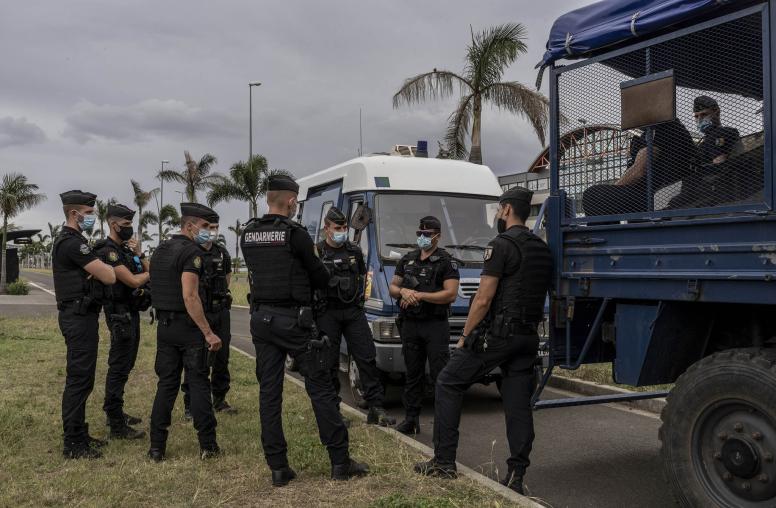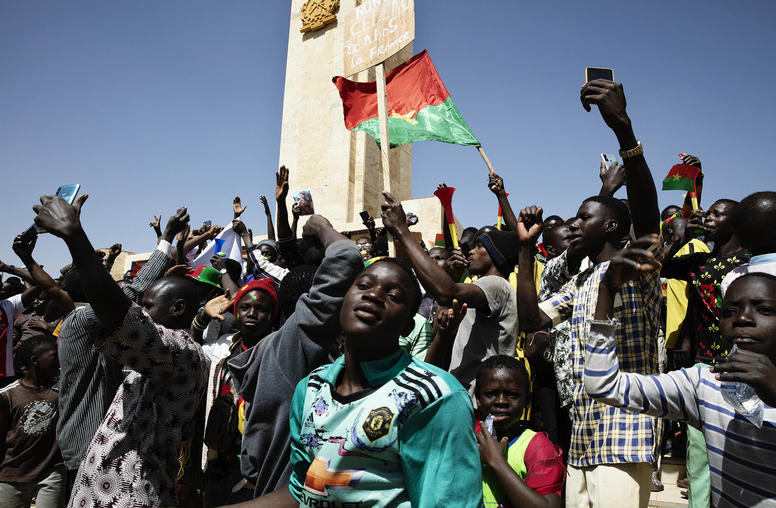Reimagining Crisis Response: How to Save Lives and Livelihoods
A Conversation with U.N. Development Program Administrator Achim Steiner
Amid a series of global shocks and overlapping crises — from climate change and COVID-19 to rising inflation and crippling debt — fragile and conflict-affected states are under unprecedented strain. For the first time since its inception in 1990, UNDP's flagship global Human Development Index has declined for two years straight. Meanwhile, soaring food and energy prices stemming from the war in Ukraine have pushed 71 million people into poverty, exacerbating risks of instability and conflict in the world’s most vulnerable communities.
On September 27, USIP hosted a conversation with U.N. Development Program Administrator Achim Steiner on how countries affected by conflict have been impacted by recent global shocks — as well as how the international community, including the United Nations, will need to reimagine development in the context of crisis to prevent further instability and economic disruption.
Continue the conversation on Twitter using #GlobalShocks.
Speakers
Lise Grande
President and CEO, U.S. Institute of Peace
Achim Steiner
Administrator, U.N. Development Program



